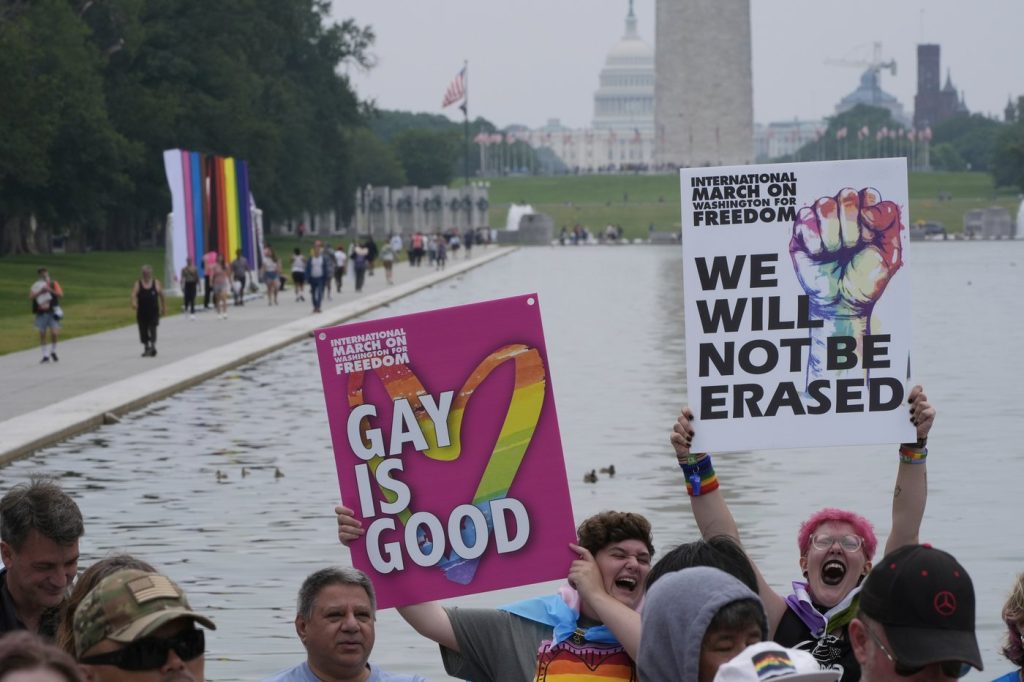In a recent incident, Israeli forces intercepted a Gaza-bound aid boat, detaining climate activist Greta Thunberg along with eleven other activists. This event occurred early on Monday as part of Israel's enforcement of a longstanding blockade on the Palestinian territory, which has been intensified amid the ongoing conflict with Hamas.
The activists, organized by the Freedom Flotilla Coalition, aimed to protest against Israel's military actions in the Gaza Strip, deemed one of the most devastating conflicts since World War II. Their mission also highlighted the severe restrictions on humanitarian aid entering Gaza, which is impacting approximately 2 million residents, resulting in concerns of widespread famine.
According to the Freedom Flotilla Coalition, the Israeli forces "kidnapped" the activists while unlawfully boarding the ship, which carried essential supplies, including baby formula, food, and medical provisions. Their statement emphasized the peaceful nature of the mission, condemning the boarding as an act of aggression.
In contrast, Israel's Foreign Ministry characterized the voyage as a publicity stunt, referring to the vessel as a "selfie yacht" and suggesting that the presence of celebrities on board was primarily for media attention. The ministry stated that the detained activists would be returned to their home countries and that their humanitarian cargo would still reach Gaza through established channels. Israeli officials even released footage showing military personnel distributing sandwiches and water to the activists, who were seen wearing orange life vests.
Thunberg expressed her concerns in a pre-recorded message, urging her supporters to pressure the Swedish government for their prompt release. Among the detained activists was Rima Hassan, a French member of the European Parliament of Palestinian descent, who has been previously barred from entering Israel due to her outspoken opposition to Israeli policies.
Post the initial blockade that began after the Hamas-led attack on southern Israel on October 7, 2023, Israel allowed some aid into Gaza due to U.S. pressure. However, humanitarian experts have indicated that without lifting the blockade, the risk of famine remains dire. Prior to this, another attempt by the Freedom Flotilla to reach Gaza failed when one of their vessels faced an attack from two drones in international waters off Malta, which the group attributed to Israel.
The situation in Gaza has been critical for over 18 months as Israel and Egypt have enforced varying degrees of a blockade since Hamas took control in 2007. While Israel maintains that the blockade is necessary to prevent arms smuggling, critics argue that it constitutes collective punishment against civilians. Following a total blockade aimed at pressuring Hamas, which started earlier in October, Israel began allowing some humanitarian aid, yet comprehensive access remains severely limited.
The conflict, ignited by the October 7 attack which resulted in the deaths of around 1,200 people—mostly civilians—has led to Israel's military campaign resulting in a staggering death toll exceeding 54,000 Palestinians, according to reports from the Gaza Health Ministry, which claims the majority of the casualties are women and children. The devastation has displaced about 90% of Gaza's population, making them almost entirely reliant on international aid.
As diplomatic efforts for a renewed truce remain stalled, Hamas insists on a trade of hostages for a ceasefire and the withdrawal of Israeli forces, while Israel is resolute in its campaign until all hostages are returned and Hamas is neutralized. This deadlock continues to perpetuate the humanitarian crisis within Gaza.












